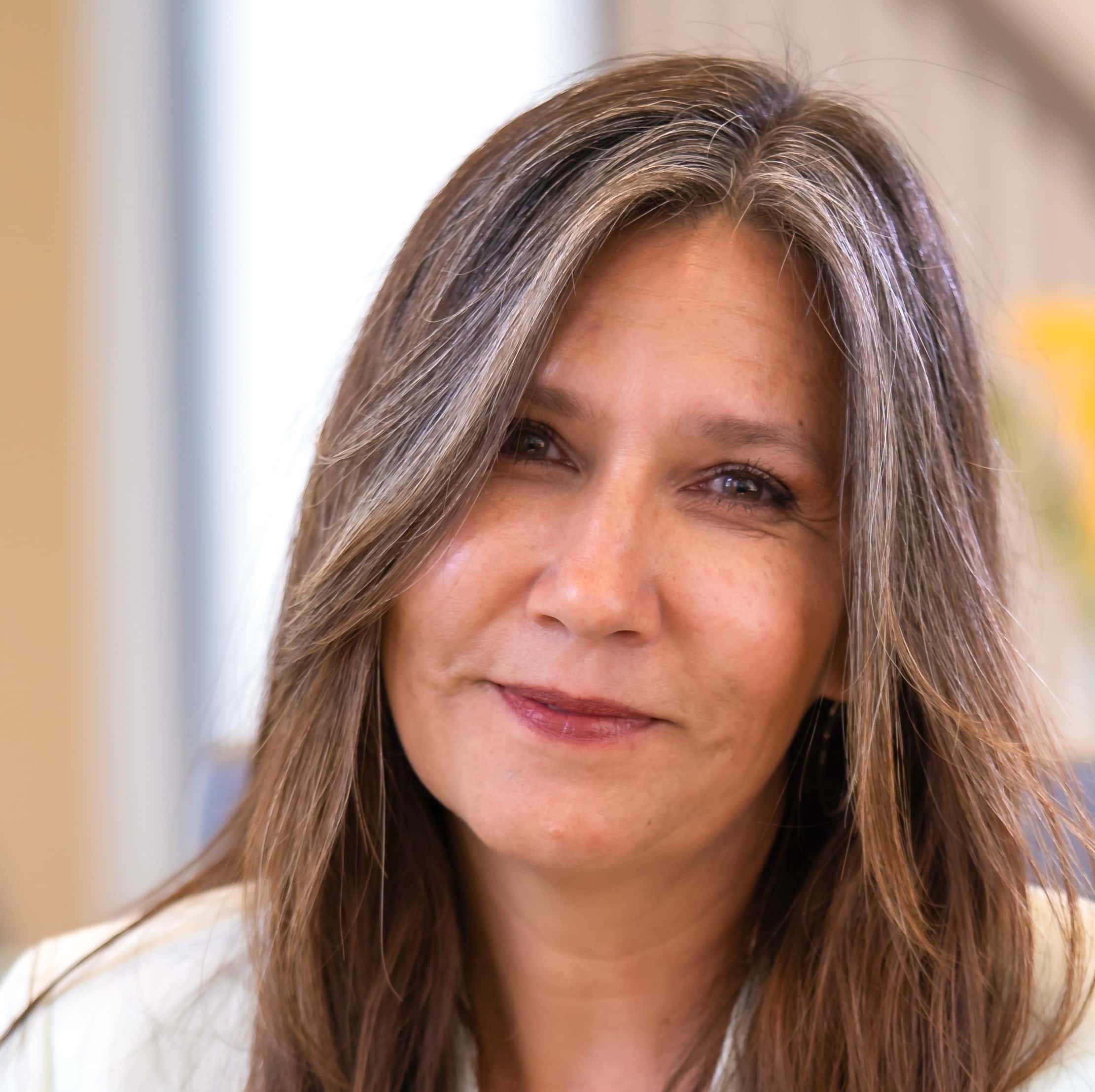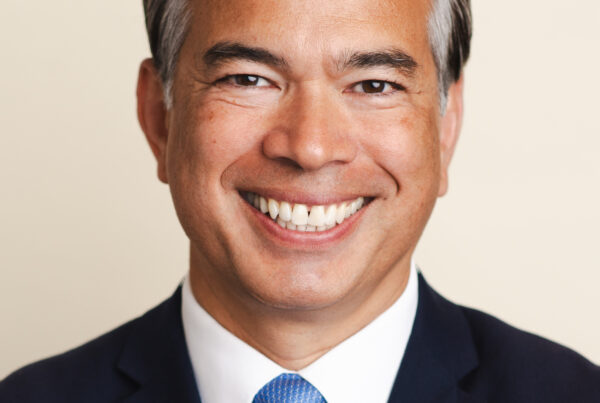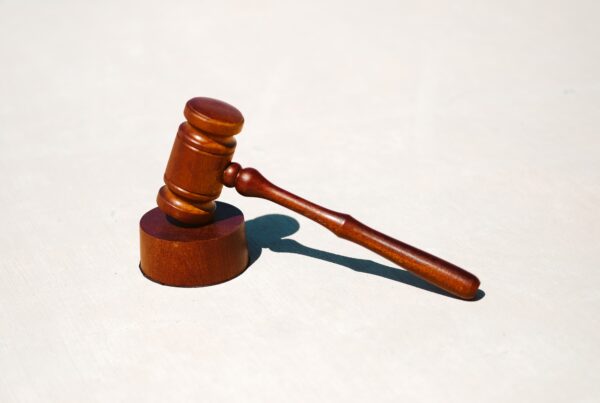Editor’s column
I have been a journalist for 30 years, but I’ve been a legal journalist only since June, so I’ve been reading a wonderful book called “The Reporter and the Law” by Supreme Court reporter Lyle W. Denniston.
My biggest takeaway so far is how important it is that the members of our communities choose our judges wisely. It really matters who our judges are.
In most cases, the judge determines the direction and destination of justice.
“In the long run, there is no guarantee of justice except the personality of the judge,” said Justice Benjamin Cardozo, who served in the U.S. Supreme Court







